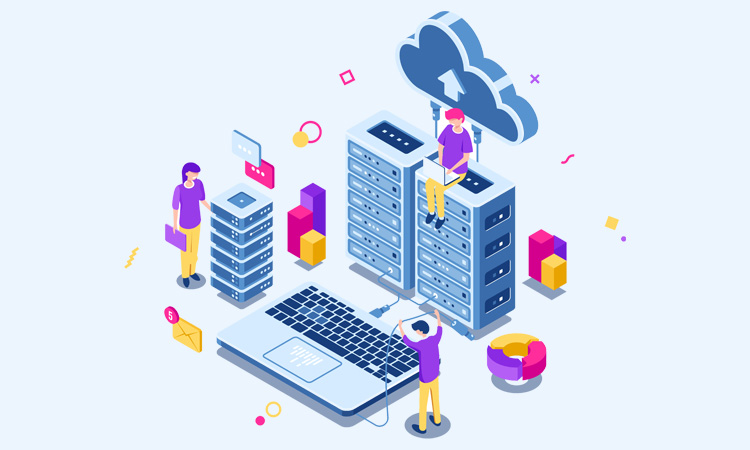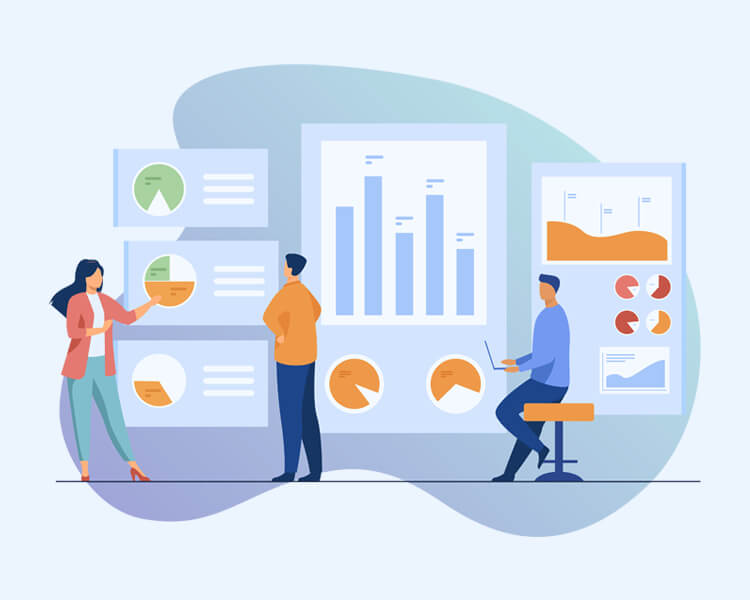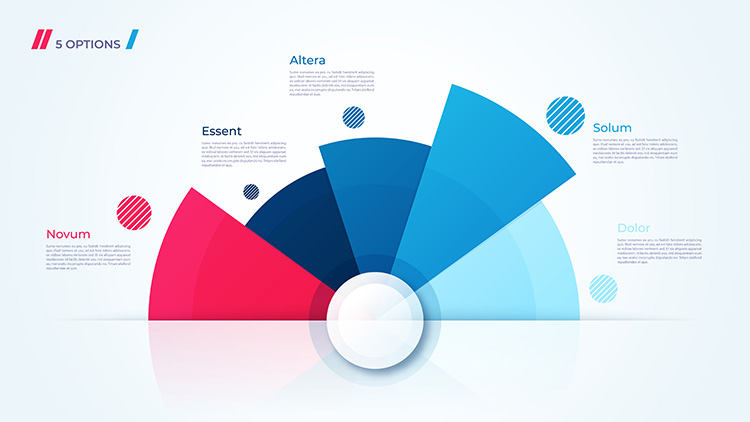AI & ML DevelopmentAbout this Services
Improve Machine Learning algorithms by studying underfitting, overfitting, training, validation, n-fold cross validation, testing, and how hyperparameters could improve performance. Perform linear and logistic regressions in Python.
1. Mobile App Development Services
1.1 Native Mobile App Development
- Development of platform-specific apps for iOS and Android using their native languages and SDKs, ensuring high performance and deep integration with device features.
1.2 Hybrid Mobile App Development
- Building cross-platform mobile apps using frameworks like React Native, Flutter, or Ionic, ensuring cost-effective development and a single codebase for multiple platforms.
1.3 Custom Mobile App Development
- Tailored app development solutions for unique business needs, ensuring fully customizable features, functionality, and branding.
1.4 UI/UX Design for Mobile Apps
- Focused on crafting engaging and intuitive user interfaces and user experiences, with an emphasis on modern design principles and user-centric features.
1.5 Mobile App Testing and QA
- Comprehensive testing services, including functional, usability, performance, and security testing, to ensure the app performs smoothly and is free of bugs.
1.6 Mobile App Maintenance and Support
- Post-launch app maintenance services to handle updates, bug fixes, feature enhancements, and ensuring compatibility with the latest OS versions.
1.7 Enterprise Mobile App Development
- Creating powerful, scalable, and secure mobile apps for enterprises, integrated with back-end systems and designed for efficient business processes.
1.8 E-Commerce Mobile App Development
- Developing secure and user-friendly mobile e-commerce applications with features like product catalogs, payment gateways, shopping carts, and customer management systems.
1.9 Progressive Web App (PWA) Development
- Development of web apps that function like native mobile apps, providing a seamless user experience on both desktop and mobile platforms without requiring installation.
1.10 Wearable App Development
- Designing and developing apps for wearable devices such as smartwatches, fitness trackers, and AR/VR headsets, ensuring seamless integration with mobile apps.
1.11 App Migration and Upgrade Services
- Migrating legacy apps to modern platforms or upgrading existing mobile apps to the latest OS versions and frameworks to maintain compatibility and performance.
1.12 Mobile App Consulting Services
- Offering expert guidance on mobile app strategy, technology selection, architecture, and best practices to ensure a successful app development process.
2. Types of Mobile Apps We Develop
2.1 Native Apps
- Apps built specifically for a single platform, using native programming languages like Swift for iOS or Kotlin/Java for Android. These apps offer optimal performance and leverage device-specific features.
2.2 Hybrid Apps
- Apps developed using cross-platform frameworks like React Native, Flutter, or Xamarin. These apps have a single codebase that can run on multiple platforms (iOS, Android) while maintaining near-native performance.
2.3 Web Apps
- Responsive web applications that work on any device with a browser. They do not need installation and can be accessed via URLs.
2.4 Progressive Web Apps (PWAs)
- Web applications that provide an app-like experience on mobile devices, offering offline capabilities, push notifications, and faster load times.
2.5 Cross-Platform Apps
- Apps built using technologies like Flutter or Xamarin that work across multiple platforms with a single codebase, reducing development costs and time.
2.6 Wearable Apps
- Apps developed specifically for wearable devices such as smartwatches, providing features like fitness tracking, notifications, and mobile app integration.
2.7 IoT Mobile Apps
- Mobile apps integrated with IoT devices, allowing users to control and monitor smart devices, wearables, or industrial IoT systems directly from their smartphones.
2.8 AR/VR Mobile Apps
- Apps that provide augmented reality (AR) and virtual reality (VR) experiences, widely used in gaming, real estate, education, and retail sectors.
2.9 On-Demand Mobile Apps
- Apps tailored for businesses providing on-demand services such as ride-hailing, food delivery, housekeeping, and logistics, with real-time tracking and payment integration.
3. Techniques Used in Mobile App Development
3.1 Agile Development
- Employing agile methodologies to enable iterative development, continuous feedback, and quick adjustments based on changing requirements.
3.2 DevOps and Continuous Integration
- Implementing DevOps practices, including automated testing, continuous integration (CI), and continuous delivery (CD), to ensure faster and more reliable app deployment.
3.4 API-First Development
- Building mobile apps with a strong emphasis on integrating APIs and backend services for seamless communication between the app and server.
3.5 Mobile-First Development
- Prioritizing mobile platforms and small screen sizes in the app design process to ensure optimal performance and usability on mobile devices.
3.6 Performance Optimization
- Techniques for minimizing app load times, optimizing memory usage, and ensuring smooth animations and interactions for better user experience.
4. Tools and Software for Mobile App Development
4.1 Native Development Tools
- Xcode for iOS development.
- Android Studio for Android development.
4.2 Cross-Platform Development Tools
- Flutter, React Native, Xamarin: Tools for building apps that work across both iOS and Android with a single codebase.
4.3 UI/UX Design Tools
- Sketch, Figma, Adobe XD: Tools for designing user interfaces and experiences with wireframes, prototypes, and interactive mockups.
4.4 Backend and Cloud Integration
- Firebase, AWS Amplify, Google Cloud, Heroku: Platforms that provide back-end infrastructure, user authentication, and real-time database services for mobile apps.
4.5 Testing and Debugging Tools
- Appium, Selenium, TestFlight, Firebase Test Lab: Tools for testing mobile apps across different devices and operating systems, including real-time bug tracking.
4.6 Analytics Tools
- Google Analytics, Firebase Analytics, Mixpanel: Tools for monitoring user behavior, app performance, and metrics to optimize app functionality.
5. Technologies Used in Mobile App Development
5.1 Programming Languages
- Swift (iOS), Kotlin (Android), Java, Dart (Flutter), JavaScript (React Native), C# (Xamarin).
5.2 Cloud Services
- AWS, Google Cloud, Microsoft Azure: Used for hosting mobile app backends, real-time databases, push notifications, and content delivery networks (CDN).
5.3 Database Technologies
- SQLite, Realm, Firebase Realtime Database, MongoDB, CoreData: For managing and storing data within mobile apps.
5.4 Mobile Security Technologies
- OAuth, JWT, SSL Encryption, Biometric Authentication: Technologies to ensure data security, secure logins, and safe communication between mobile apps and servers.
5.5 Push Notification Services
- Firebase Cloud Messaging (FCM), Apple Push Notification Service (APNs): Technologies for sending real-time notifications to mobile app users.
5.6 IoT and Bluetooth Integration
- Bluetooth Low Energy (BLE), Zigbee, MQTT: Technologies used to integrate mobile apps with IoT devices for remote control and data transfer.
6. Domains and Industries Where We Build Mobile Apps
6.1 E-Commerce
- Feature-rich mobile applications for e-commerce businesses with integrated shopping carts, payment gateways, and customer management.
6.2 Healthcare
- Apps for medical professionals and patients, including telemedicine, health monitoring, appointment scheduling, and prescription management.
6.3 Education and E-Learning
- E-learning mobile apps with interactive courses, assessments, quizzes, and gamification for better student engagement.
6.4 Finance and Banking
- Secure banking and financial apps with features such as online payments, money transfers, portfolio management, and budgeting.
6.5 Travel and Tourism
- Mobile apps for travel bookings, itinerary planning, hotel reservations, real-time navigation, and local recommendations.
6.6 Real Estate
- Property listing and management apps for real estate businesses, integrating virtual tours, search filters, and customer inquiries.
6.7 Fitness and Wellness
- Mobile fitness apps with workout plans, progress tracking, diet management, and integration with wearable devices like fitness trackers.
6.8 Social Networking
- Social media platforms and messaging apps that connect users and facilitate communication, sharing, and networking.
6.9 Logistics and Transportation
- Social media platforms and messaging apps that connect users and facilitate communication, sharing, and networking.
- Mobile apps for fleet management, route optimization, cargo tracking, and on-demand transportation services.
6.10 Gaming
- Mobile games across genres including action, puzzle, strategy, and educational games with immersive graphics and engaging gameplay.
It is a long established fact that a reader will be distracted by the readable content of a page when looking at its layout. The point of using Lorem Ipsum is that it has a more-or-less normal distribution of letters, as opposed to using ‘Content here, content here’, making it look like readable English. Latin words, combined with a handful of model sentence structures, to generate Lorem Ipsum which looks reasonable.
Application Areas
Technologies That We Use
- JavaScript
- Python
- Java
- C/CPP
- PHP
- Swift
- C# (C- Sharp)
- Ruby
- SQL


